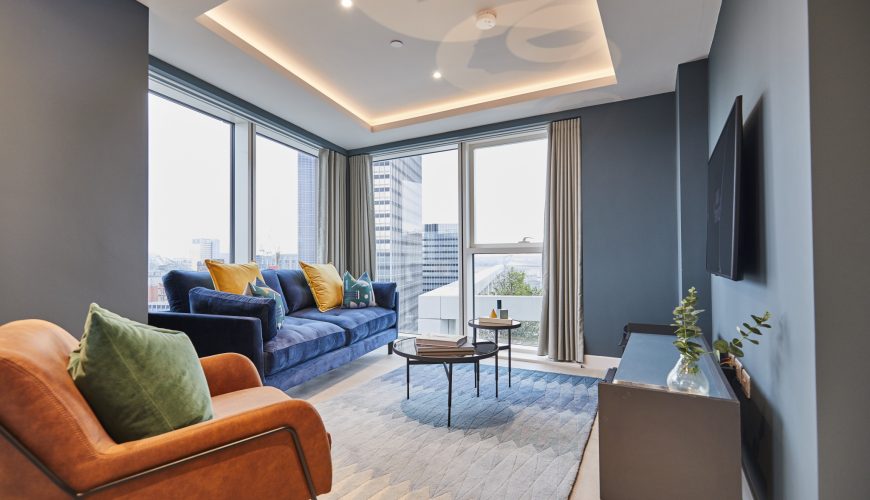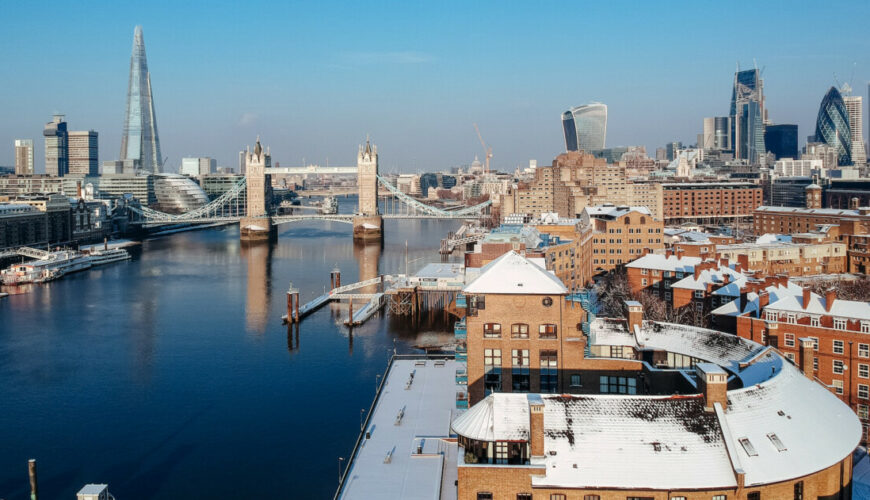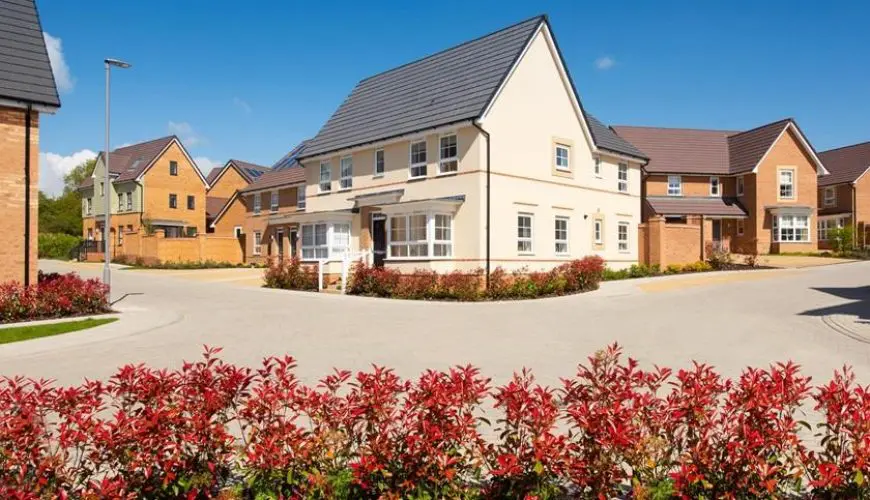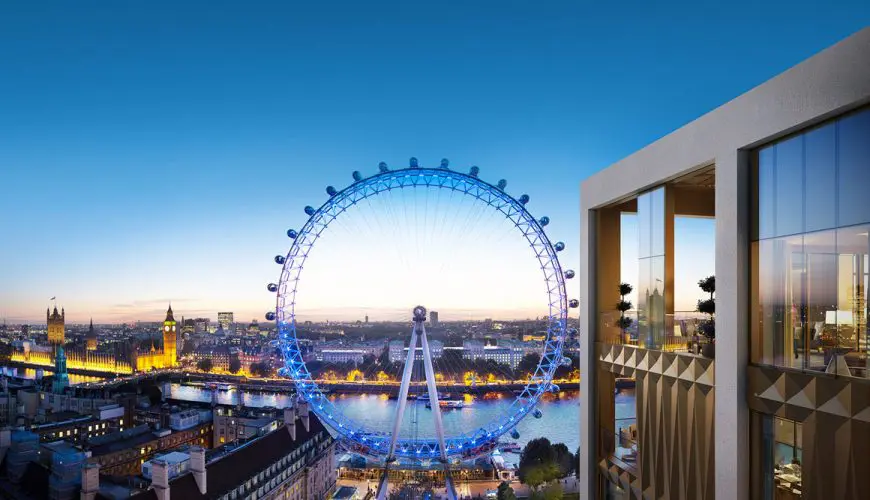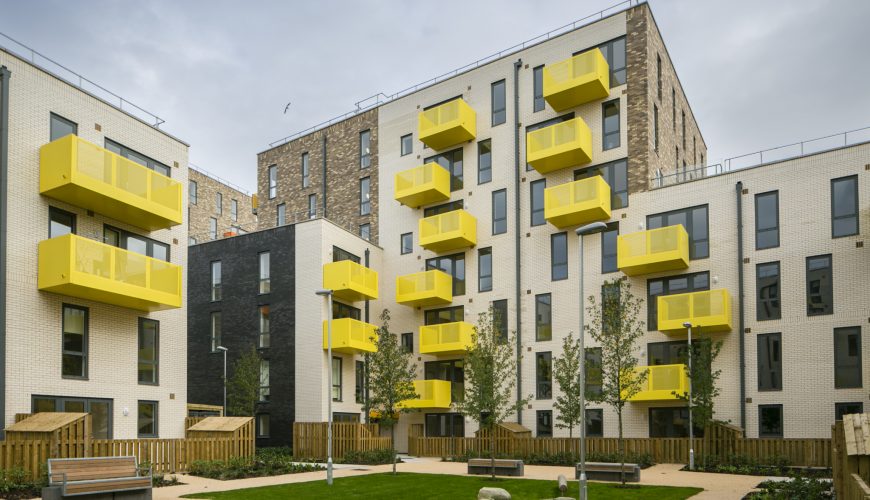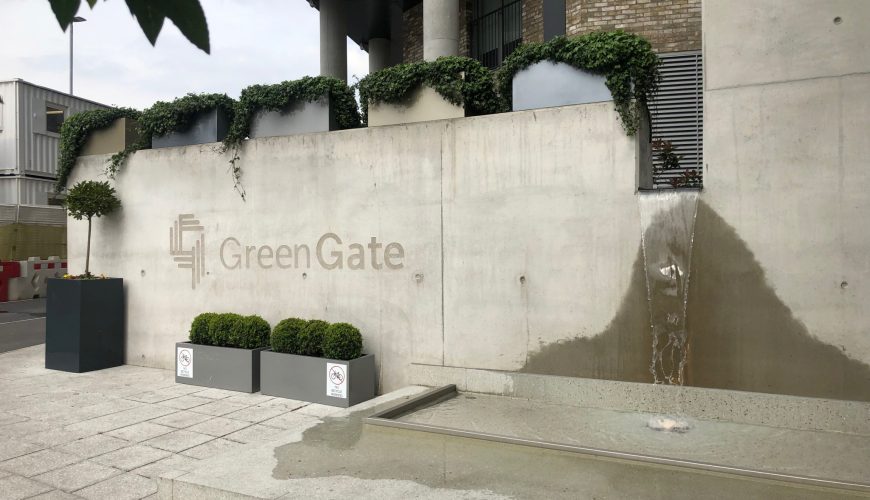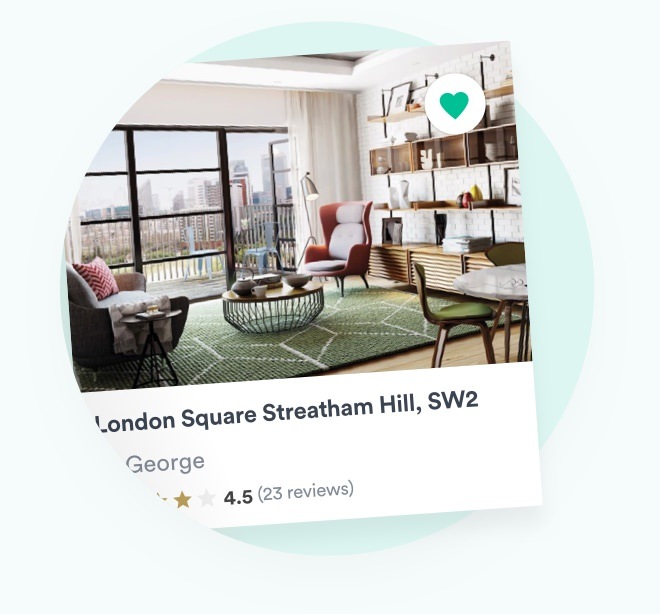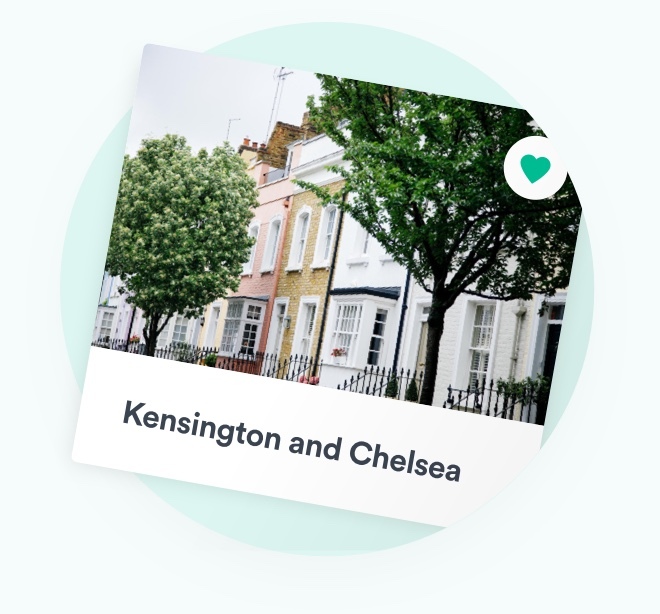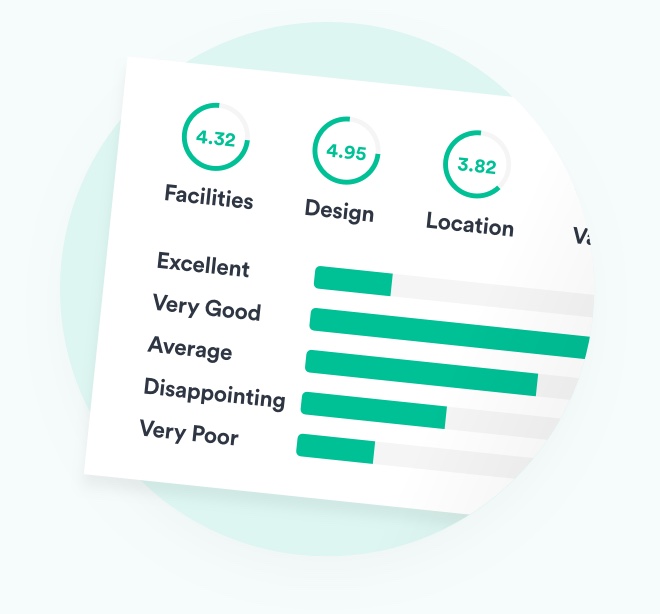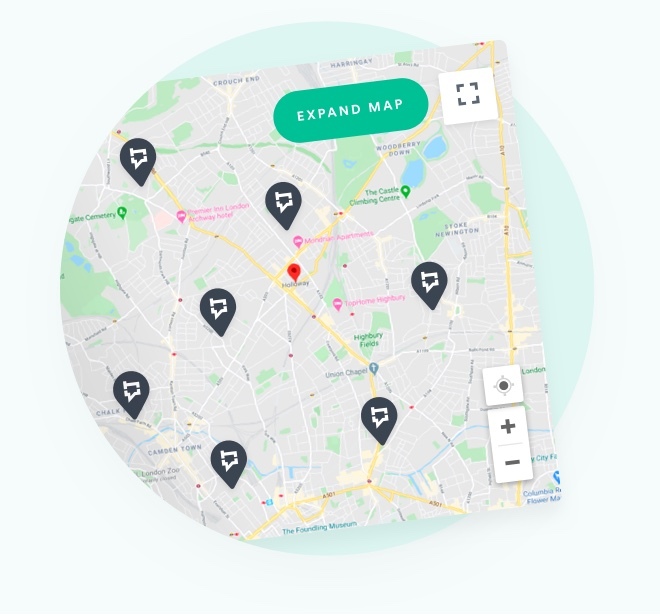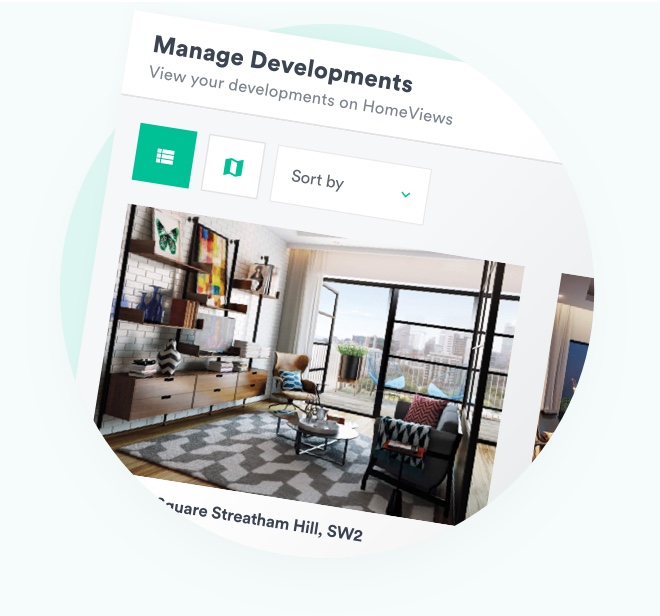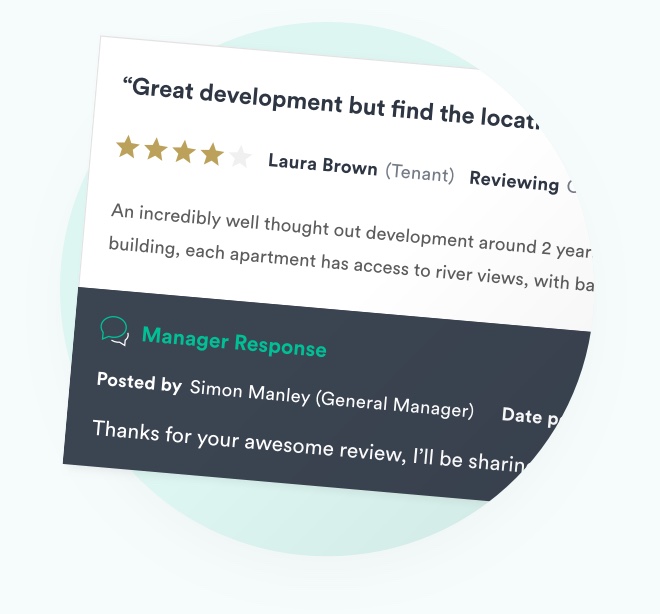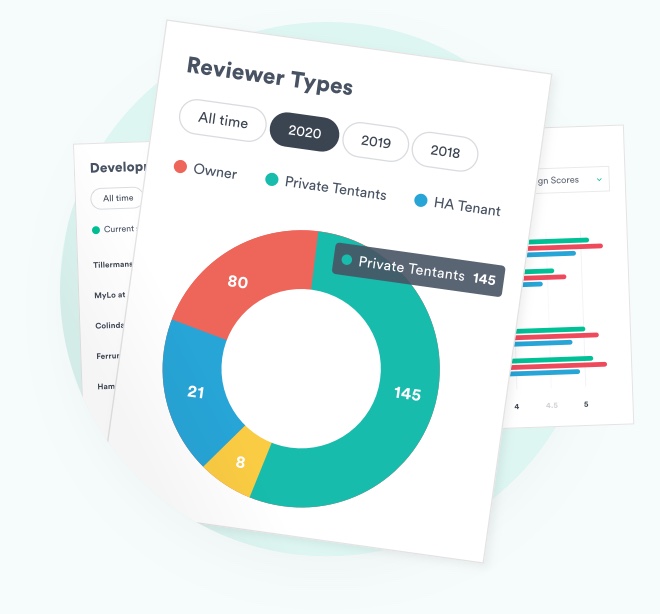HMOs have become a hot topic in the property sector in recent years. With spiralling rental costs and the rental market growing in competitiveness, landlords are looking at HMOs as a viable renting route. But what exactly is an HMO and how does it work? Read on and find out.
FAQs
What is an HMO?
An HMO is a House in Multiple Occupation. The building doesn’t have to be a house, it can be a flat, or any other property type. It is a technical term to signify that people of multiple households (i.e. not a single family unit) are living in the same building. Typically, each resident has their own rental contract with the landlord.
What does HMO mean in reference to property?
The key distinction with an HMO is that three or more tenants of different households live there as their main residence. Typically, all occupants have their own bedroom, but share common areas such as living rooms, kitchens and bathrooms. To qualify as an HMO, the property must be used solely for residential purposes.
How many rooms make an HMO?
The number of rooms in a property is irrelevant when determining whether it’s an HMO. The definition is based on how many people live in the property, and whether or not they are in multiple households and share facilities.

Why are homes classified as HMOs?
HMO classification was introduced to stop landlords from maintaining properties in poor condition when maximising the number of occupants to help boost their rental yield. The system of HMO licensing ensures that people living in such buildings have safe, secure and hygienic living conditions.
Do all HMOs need an HMO licence?
Not all HMOs need an HMO licence. The rules can be complex since there are mandatory HMO licensing rules, as well as additional rules made at the discretion of local councils.
If you’re not sure whether you need an HMO licence or not, contact your local council for guidance.
What kinds of HMO licences are there?
There are three kinds of HMO licences:
- Mandatory licensing: This applies to all HMOs occupied by five or more people who make up at least two households. In this case, there are minimum room sizes, fire safety measures and other safety/hygiene standards that must be met.
- Additional licensing: These are added rules made by local councils to combat bad faith rental practices. The exact rules and standards depend on the specific council.
- Selective licence: This is another local council measure that can be applied to any kind of property, even those not typically meeting HMO requirements. Councils use this rule to smarten up specific streets or areas that have generated numerous complaints about poor landlord management.

Is it illegal to rent without a HMO licence?
It is illegal to rent to multiple occupants without an HMO licence if your property falls under the HMO licensing requirements. If convicted for this offence, the offender can face unlimited fines.
Typically, however, landlords will have to repay any rent paid by their tenants within the past 12 months. They may also face a nominal fine, with heavier penalties for landlords who are repeat offenders.
Can a landlord live in a HMO?
It is entirely legal for a landlord to live within an HMO. While most HMOs in the UK are flatshares with the landlord living elsewhere, it’s perfectly possible for them to live there too.
Who stays in a HMO?
The most common type of HMO residents are students, low-income households and those who are unemployed. Seasonal workers and those undertaking professional training are also common HMO residents.

What rights do HMO tenants have?
HMO tenants enjoy exactly the same rights as any other tenant in the UK. You cannot be evicted from your home without the landlord going through the necessary legal channels and having due cause.
HMO tenants also have the right to live in a home that follows all the HMO requirements set by mandatory licensing and any additional/selective licensing set by the local council. If the landlord does not keep the property up to the standards set by these guidelines, then they can have their licence revoked by the council and may have to repay all rent received in the past 12 months.
Is my flatshare an HMO?
If you live in a flatshare with two or more other tenants, and each of you have your own contracts with the landlord, then you live in an HMO. Another indication of an HMO property is whether you occupy shared facilities such as kitchens and bathrooms.
If you live in an HMO, your landlord could have more responsibility when it comes to safety and repairs. If the landlord doesn’t have the correct HMO licence, you could claim up to 12 months rent back from your landlord by way of compensation.
What are the requirements for an HMO licence?
The conditions of a landlord’s HMO licence may differ according to the local authority, but there are some basic criteria all HMO licence holders need to fulfil. HMO landlords must provide an annual gas safety certificate to the local council, install and maintain smoke alarms and provide safety certificates for all electrical equipment.
Failure to provide these, or failure to prove the property is safe to live in, could result in licences being revoked. It could also result in unlimited fines and the repayment of rent to tenants.
Hopefully, this FAQ guide will provide the answers to any questions you may have about HMOs. For more guidance about the UK rental market and renting trends in general, check out some of our other FAQs below.
Read more
HomeViews provides verified resident reviews of the UK’s housing developments. We’re working with developers, landlords and the Government to recognise high performers and help to improve standards in the built environment.



